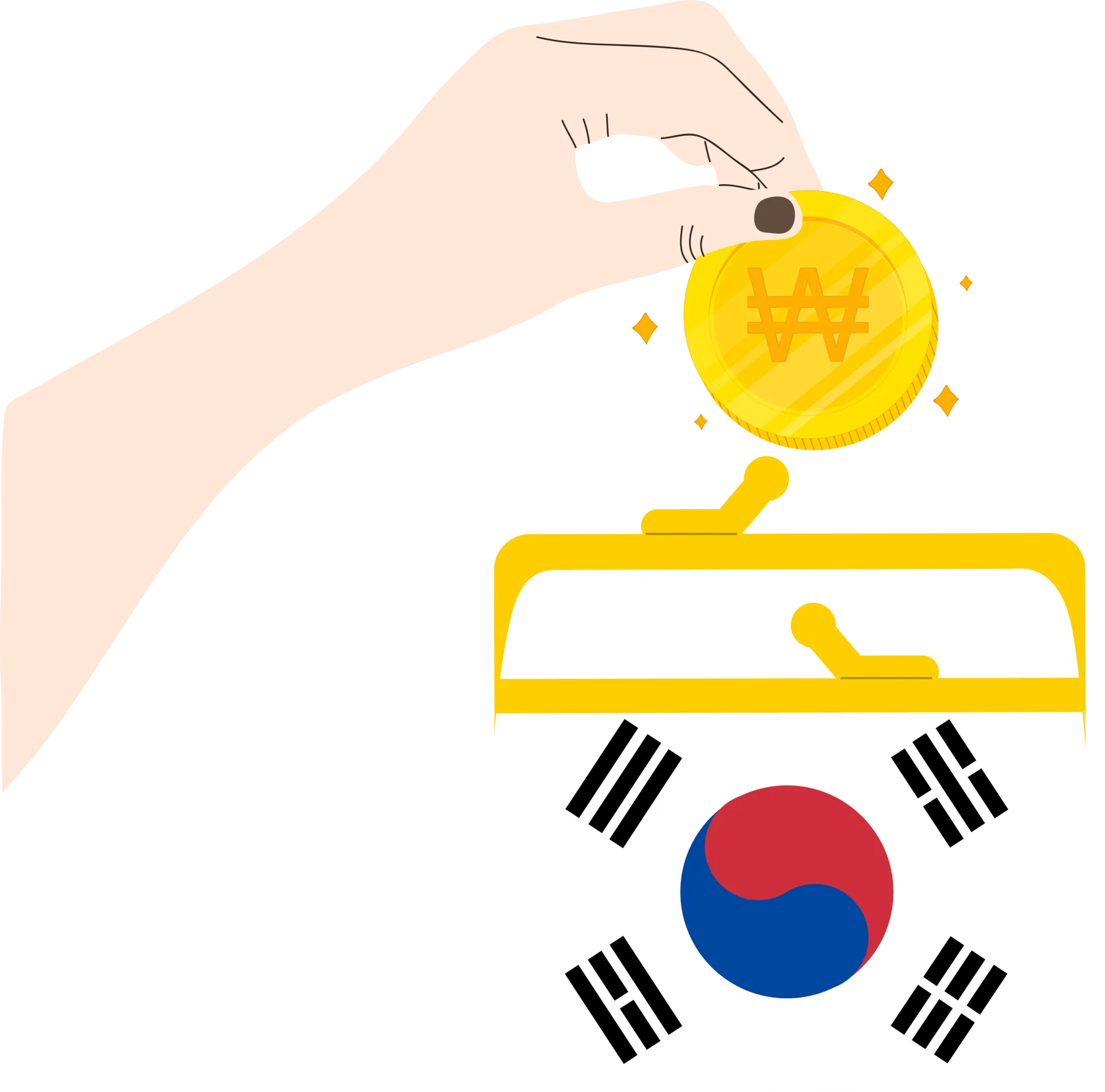Why the Won Currency is Taking the U.S. by Storm: What You Need to Know!
In a dramatic turn of events, the South Korean won has become a focal point of global financial attention, sending ripples through the U.S. economic landscape. Currency markets are experiencing unprecedented volatility, with the won emerging as a key player that’s capturing the imagination of investors, economists, and business leaders alike.
The Unexpected Currency Phenomenon
The won’s recent performance tells a complex story of economic resilience and strategic positioning. Political instability in South Korea, including controversial declarations of martial law, has paradoxically thrust the currency into the global spotlight. Investors are closely watching every fluctuation, recognizing that the won’s movement could signal broader economic trends.
Key Factors Driving the Won’s Surge
-
Post-Pandemic Economic Recovery
- Robust economic rebound
- Increased foreign investment
- Strong technological sector performance
-
Market Intervention Strategies
- Bank of Korea’s proactive approach
- Strategic monetary policy adjustments
- Stabilization efforts in currency markets
“The won’s current trajectory is more than just a currency story—it’s a narrative of economic resilience,” says Dr. Emily Chen, international economics expert at Global Finance Institute.
Impact on U.S. Economic Landscape
The relationship between the won and the U.S. dollar has become increasingly intricate. Technology and automotive sectors are particularly sensitive to these currency dynamics. South Korean companies like Samsung and Hyundai have significant investments and operations in the United States, making the won’s performance critical to bilateral economic relationships.
Technological and Trade Implications
Analysts predict that the won’s volatility could:
– Reshape trade negotiations
– Influence technology transfer agreements
– Impact foreign direct investments
Investor Considerations
What Smart Investors Should Know
-
Monitor Currency Fluctuations
- Track dollar-won exchange rates
- Understand geopolitical contexts
- Assess potential investment opportunities
-
Potential Risks
- Inflationary pressures
- Market unpredictability
- Regulatory changes
Digital Currency and Fintech Revolution
An emerging trend adding complexity to the won’s story is the rise of digital currencies and fintech solutions in South Korea. The country is becoming a global leader in financial technology, which further enhances the won’s international profile.
Government’s Strategic Approach
The South Korean government is implementing strategic measures to:
– Enhance investor confidence
– Introduce regulatory reforms
– Create attractive business environments
Global Financial Ecosystem
The won’s performance isn’t isolated—it’s interconnected with broader Asia-Pacific currency dynamics. Global financial institutions are meticulously analyzing every movement, understanding that small shifts can have significant global implications.
Expert Perspectives
“Currency markets are complex ecosystems. The won’s current trajectory reflects deeper economic transformations,” notes financial strategist Michael Rodriguez.
Looking Forward: Opportunities and Challenges
While the won presents exciting opportunities, investors must remain cautious. Volatility can be a double-edged sword, offering potential gains but also presenting substantial risks.
Key Takeaways
- Dynamic Currency Landscape
- Technological Innovation
- Strategic Investment Potential
Conclusion
The South Korean won is more than just a currency—it’s a symbol of economic adaptability and technological innovation. As global markets continue to evolve, the won stands as a testament to the dynamic nature of international finance.
Disclaimer: This article is for informational purposes and should not be considered financial advice. Always consult with a qualified financial professional before making investment decisions.






Leave a Comment